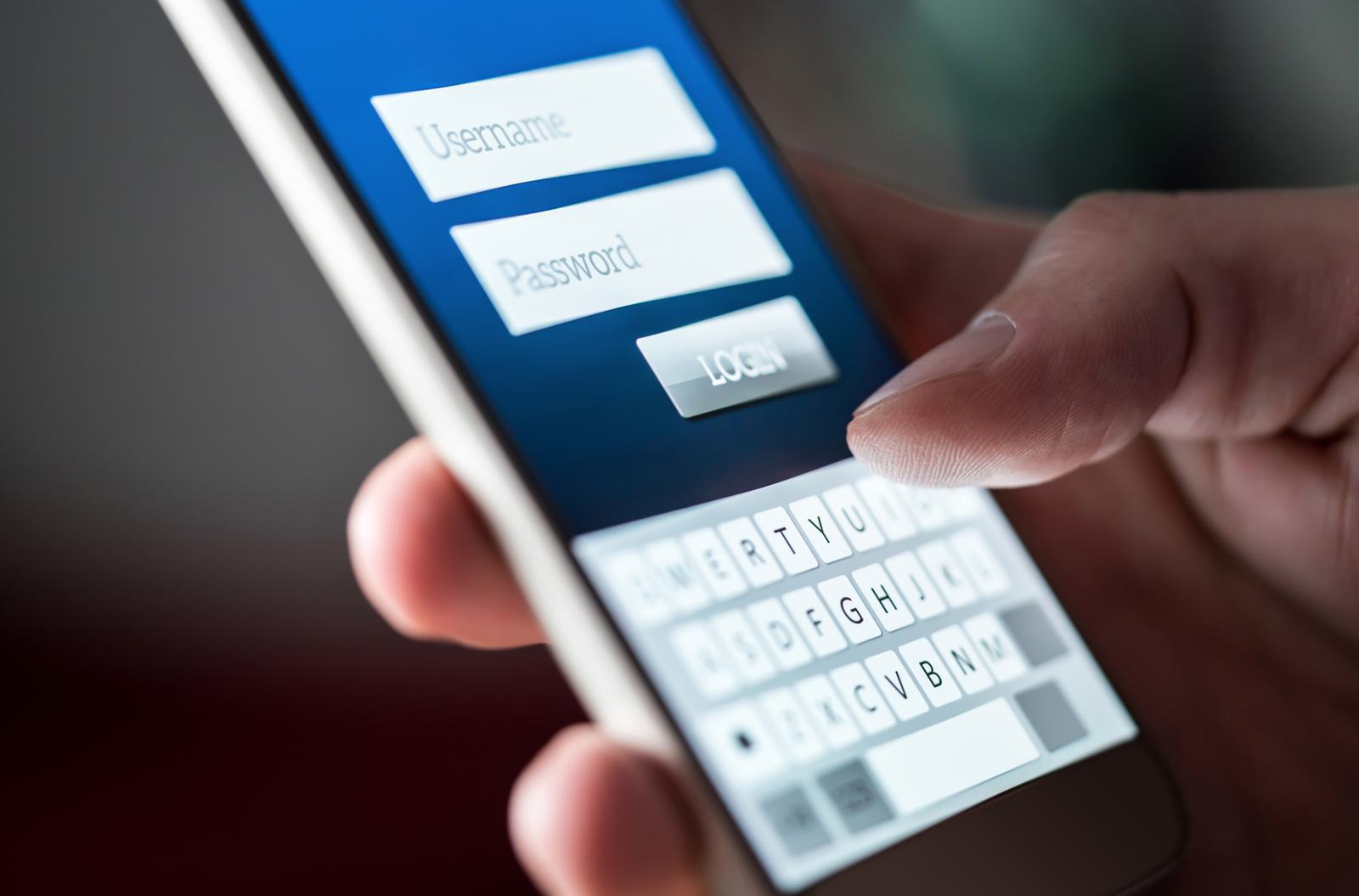The terms “fake IDs” and “fraudulent IDs” are often used interchangeably. However, understanding the nuance between the two is helpful as you evaluate your identity management software.
What is a Fake ID?
Fake IDs are counterfeit identification documents that are created to resemble legitimate IDs issued by governmental or authoritative entities. Crafted with varying degrees of sophistication, fake IDs aim to deceive authorities and skirt laws, enabling holders to access services or privileges (for example, casino access or alcohol purchases) they wouldn't otherwise be entitled to. These replicas have evolved to be convincing enough that often a trained eye will have difficulty telling the difference between a fake ID and a real one.
What is a Fraudulent ID?
A fake ID becomes fraudulent when used in nefarious activities. Fraudulent IDs can also involve a valid ID document to intentionally misrepresent the holder’s true identity. One common example of this is when underage individuals borrow an older family member’s ID. In more malicious cases, personal information can be stolen and used to create fraudulent identification documents, often leading to financial fraud, unauthorized access, or other criminal activity. This is a particular concern in the casino industry, where individuals on watchlists could use a fraudulent ID to gain access to otherwise restricted areas.
Understanding the Importance of Fake and Fraudulent IDs
The difference between fake and fraudulent is more than semantics. Recognizing a fake ID involves spotting subtle design errors or omissions by relying on employees to be vigilant in demanding environments. This is where technology is needed to authenticate the validity of various features visible only with white light, near-infrared or UV — all while the clock is ticking on your transaction.
Identifying a fraudulent ID requires examination of personal information not found on the ID document. A simple way to determine if someone is using a fraudulent valid ID can be by asking questions like “What’s your zodiac sign?” If the patron cannot answer correctly based on the birthday on the ID, this may indicate the use of a fraudulent ID. The same holds true for questions like “What is your address?” or “What is your zip code?”
The proliferation of fake IDs and fraudulent IDs are a constant challenge for highly regulated spaces like casinos, as well as age-restricted retail and car rental. Using advanced technology can help you keep serving the right people and avoid violations by truly knowing your customer.



